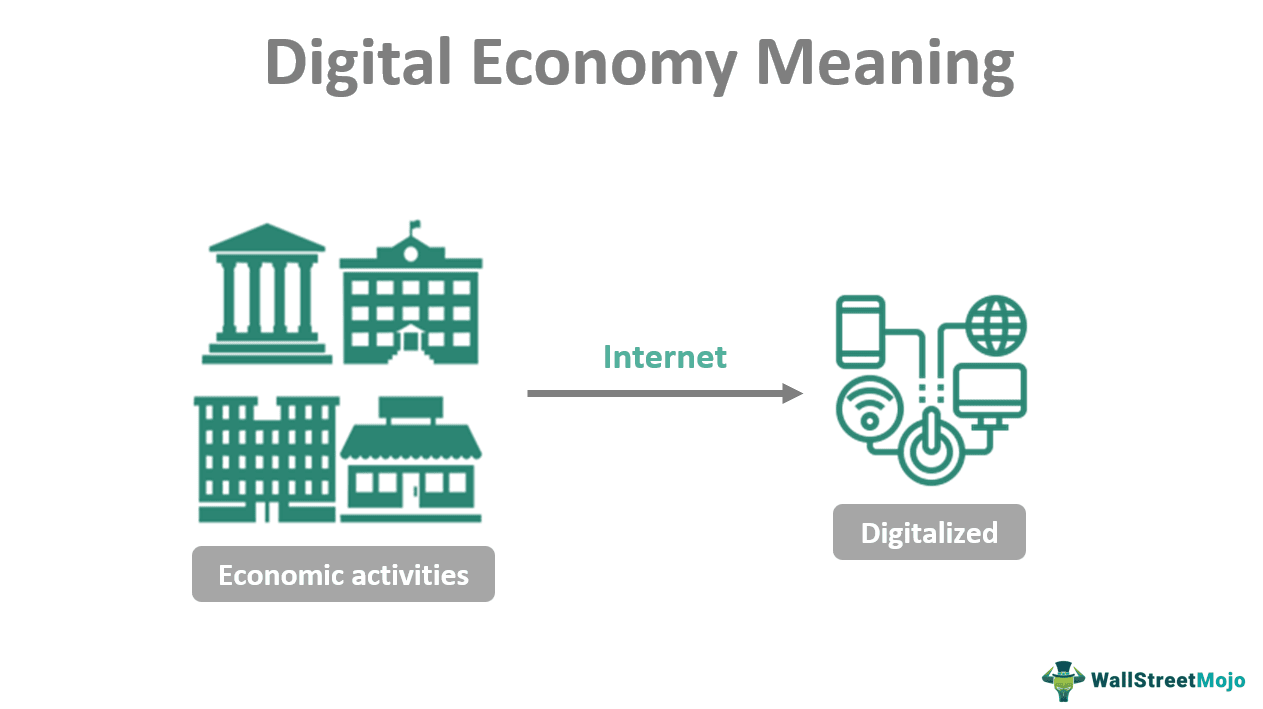Mindfulness: Boost Your Mental Well-Being
Mia Wilson
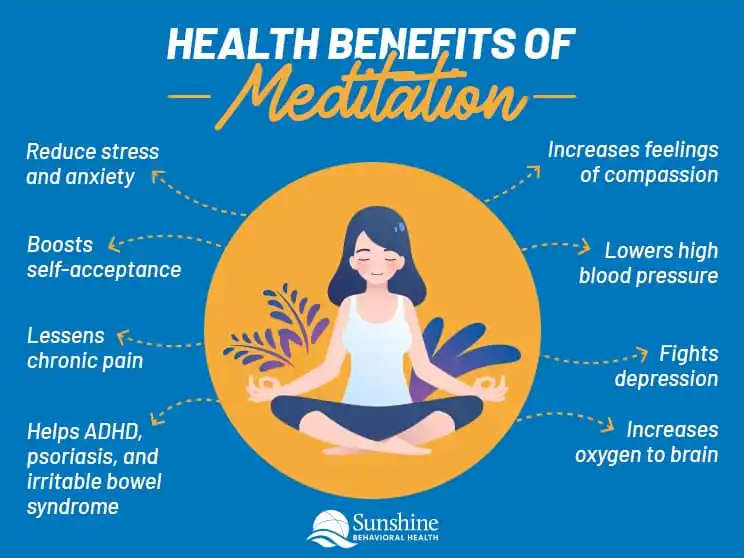
Photo: Mindfulness: Boost Your Mental Well-Being
Mindfulness: Boost Your Mental Well-Being
In today’s fast-paced world, stress and anxiety have become common companions for many people. With mounting responsibilities and endless distractions, it's no surprise that mental well-being often takes a back seat. Fortunately, mindfulness has emerged as a powerful tool for enhancing mental health. In this article, we’ll explore what mindfulness is, how it can improve your mental well-being, and practical ways to incorporate it into your daily life.
What is Mindfulness?
Mindfulness is the practice of being fully present in the moment, aware of your thoughts, feelings, and surroundings without judgment. It stems from ancient meditation traditions, particularly in Buddhism, but has been widely adopted in secular settings due to its profound mental health benefits.
Mindfulness can be broken down into two key components:
- Attention: Focusing on the present moment, rather than ruminating on the past or worrying about the future.
- Acceptance: Observing thoughts and emotions as they arise without trying to change or suppress them.
This seemingly simple practice has a significant impact on mental well-being, helping individuals reduce stress, enhance emotional resilience, and foster a greater sense of happiness.
The Science Behind Mindfulness and Mental Well-Being
Extensive research supports the link between mindfulness and improved mental health. Studies have shown that regular mindfulness practice can lead to structural changes in the brain, particularly in areas related to attention, emotion regulation, and self-awareness.
- Reduced Stress: Mindfulness lowers levels of cortisol, the stress hormone, helping individuals feel calmer and more in control.
- Improved Emotional Regulation: Practicing mindfulness strengthens the prefrontal cortex, enabling better management of emotional reactions.
- Enhanced Focus and Cognitive Function: By training the brain to stay present, mindfulness improves attention span and decision-making skills.
- Lower Anxiety and Depression Levels: Several studies have found that mindfulness-based interventions can significantly reduce symptoms of anxiety and depression by altering negative thought patterns.
A study published in JAMA Internal Medicine found that mindfulness meditation improved symptoms of anxiety, depression, and pain in participants after just eight weeks of practice. This highlights how accessible and effective mindfulness can be for anyone seeking better mental health.
Practical Ways to Incorporate Mindfulness into Your Life
While mindfulness may sound abstract, there are several practical ways to weave it into your daily routine. Here are some simple but effective mindfulness practices:
1. Mindful Breathing
Mindful breathing involves focusing on your breath as it flows in and out of your body. It’s a great way to ground yourself during stressful moments. Try this exercise:
- Sit in a comfortable position.
- Close your eyes and take a deep breath in, counting to four.
- Hold the breath for a moment, then exhale slowly, counting to four again.
- Repeat this for five minutes, paying attention to the sensation of your breath.
2. Body Scan Meditation
This practice involves mentally scanning your body from head to toe, noticing any areas of tension or discomfort without judgment. It’s particularly helpful for relaxing before bedtime and improving sleep quality.
3. Mindful Walking
You can turn a simple walk into a mindfulness exercise by paying attention to each step, the sensation of your feet touching the ground, and the sights and sounds around you. Mindful walking helps you stay present and connected with your environment.
4. Gratitude Journaling
Mindfulness is closely linked to gratitude. Keeping a gratitude journal, where you write down three things you are thankful for each day, helps shift your focus to the positive aspects of life, boosting mental well-being.
5. Mindful Eating
Eating mindfully involves savoring each bite, noticing the flavors, textures, and aromas of your food. This practice not only enhances the eating experience but also promotes better digestion and prevents overeating.
Benefits of Mindfulness for Mental Well-Being
Mindfulness offers a range of mental health benefits that go beyond reducing stress and anxiety. Here’s a closer look at how it boosts overall well-being:
1. Greater Self-Awareness
Mindfulness fosters self-awareness by encouraging you to observe your thoughts and emotions without judgment. This heightened awareness can lead to better decision-making and healthier responses to challenging situations.
2. Increased Resilience
Resilience is the ability to bounce back from adversity. Mindfulness helps build resilience by enabling you to stay calm and centered in the face of stress, preventing overwhelming emotions from taking control.
3. Enhanced Interpersonal Relationships
Mindfulness improves communication and empathy, making it easier to connect with others. By being present during conversations and actively listening, you can build stronger, more meaningful relationships.
4. Better Sleep
Mindfulness practices, such as meditation and body scans, help calm the mind, making it easier to fall asleep and stay asleep. Improved sleep, in turn, enhances overall mental well-being.
Common Myths About Mindfulness
Despite its growing popularity, several misconceptions about mindfulness persist. Let’s debunk a few common myths:
Myth 1: “Mindfulness is about emptying your mind.”
Fact: Mindfulness isn’t about stopping thoughts but about observing them without attachment or judgment.
Myth 2: “You need to meditate for hours to benefit.”
Fact: Even a few minutes of mindfulness practice daily can yield significant mental health benefits.
Myth 3: “Mindfulness is only for spiritual people.”
Fact: While mindfulness has roots in spiritual traditions, it’s a secular practice widely used in psychology, healthcare, and education.
Conclusion: Start Your Mindfulness Journey Today
Mindfulness is a simple yet powerful practice that can transform your mental well-being. By cultivating awareness and acceptance, you can reduce stress, enhance emotional resilience, and lead a more fulfilling life. Whether through mindful breathing, walking, or journaling, there are countless ways to incorporate mindfulness into your daily routine.
If you’re new to mindfulness, start small just a few minutes a day and gradually build up. Remember, the key is consistency. Over time, you’ll likely notice positive changes in your mental state and overall well-being.
For more resources on mindfulness, consider exploring reputable websites such as Mindful.org or Headspace, which offer guided meditations and practical tips.
For You
View AllExplore the top EV charging networks for seamless electric vehicle travel. Find the most reliable and widespread options today!
Mia Wilson
Explore the definition of the digital economy and its influence on global business. Click for a clear breakdown!
Mia Wilson
Understand the bond market, its role in financing, and how it impacts the economy. Click to learn more!
Mia Wilson
Discover how connected car data is generating revenue for automakers and reshaping the driving experience. Explore the future!
Mia Wilson
Understand the severe consequences of sleep deprivation on your health and life. Learn how to prevent sleep loss today! Read now.
Mia Wilson
Push your limits with these extreme adventure destinations. From skydiving to volcano hikes, adrenaline junkies will love these epic trips!
Mia Wilson
Health
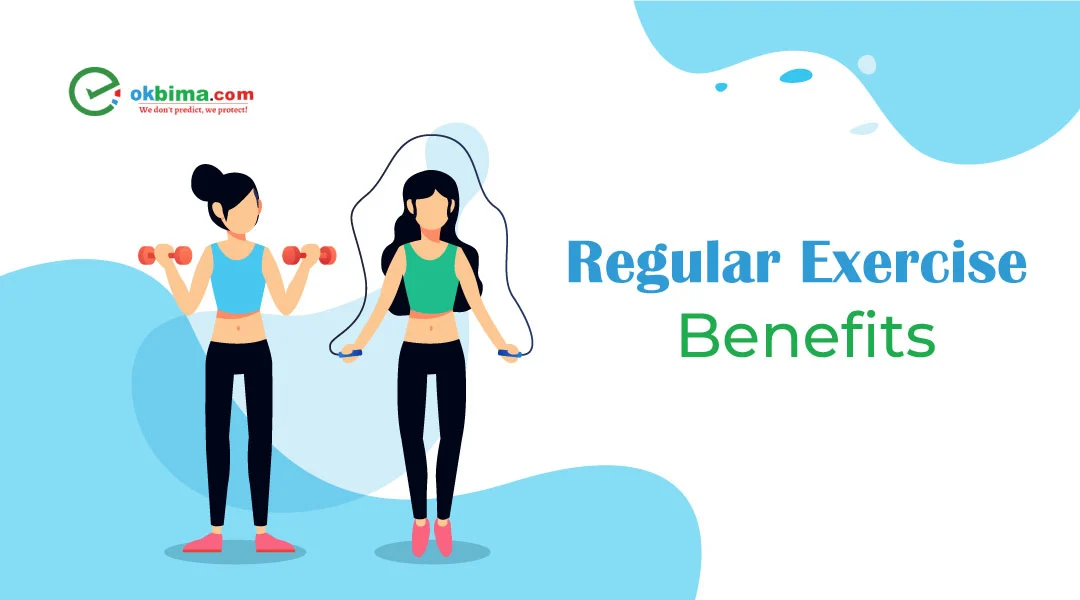
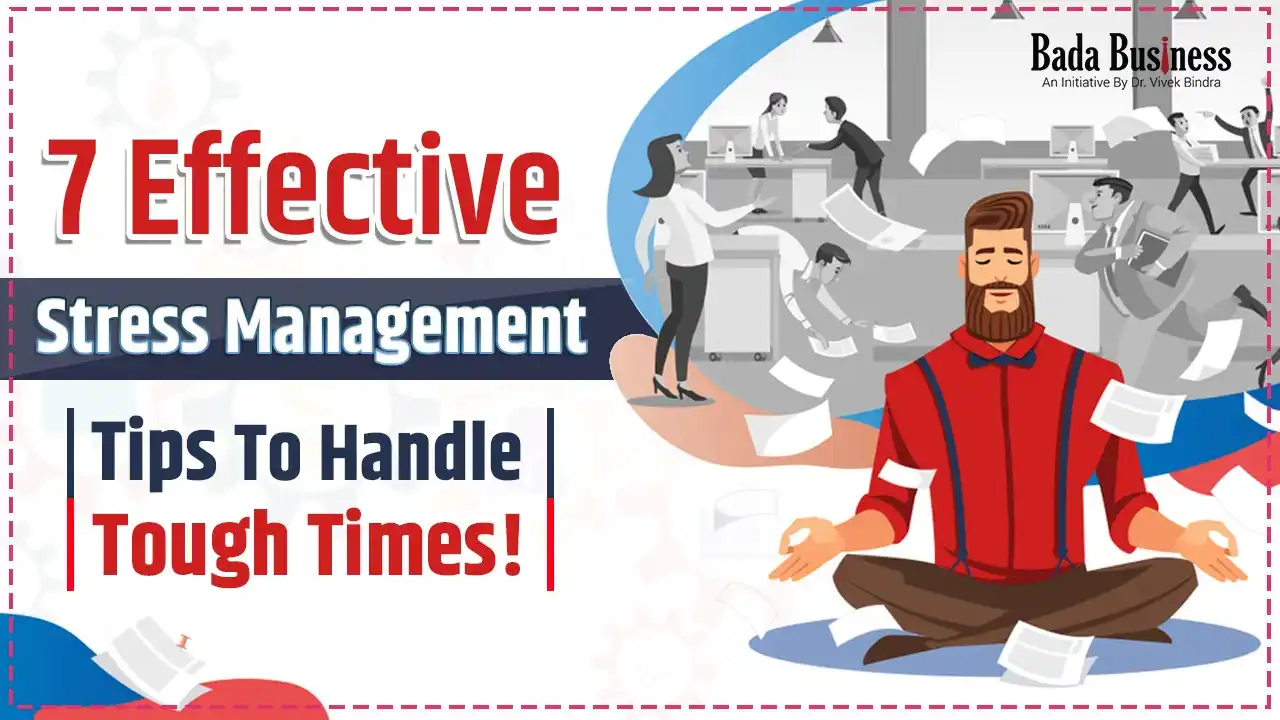

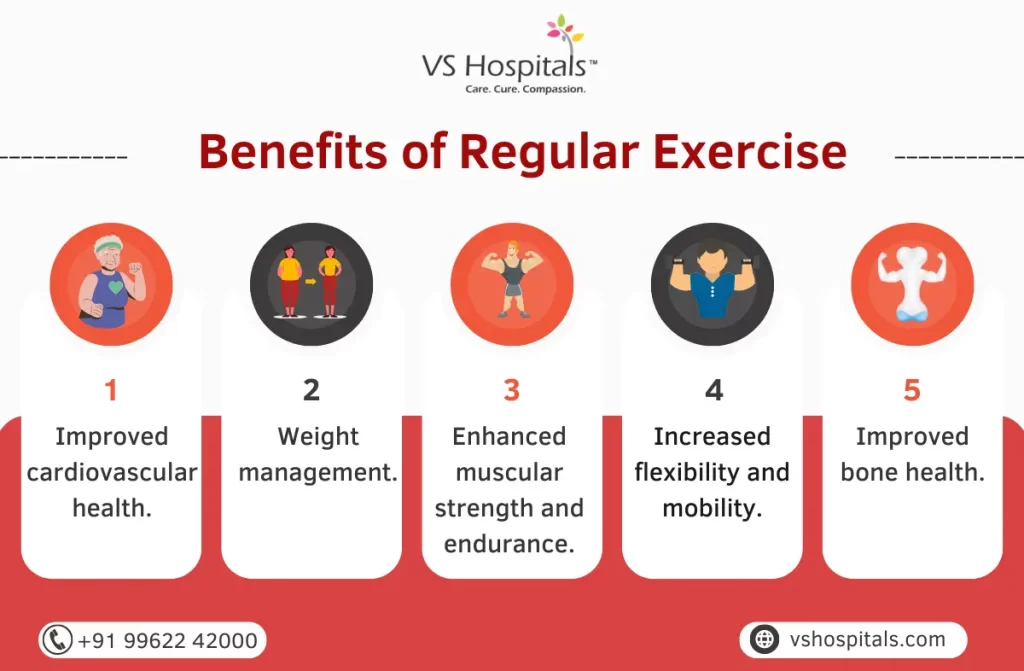


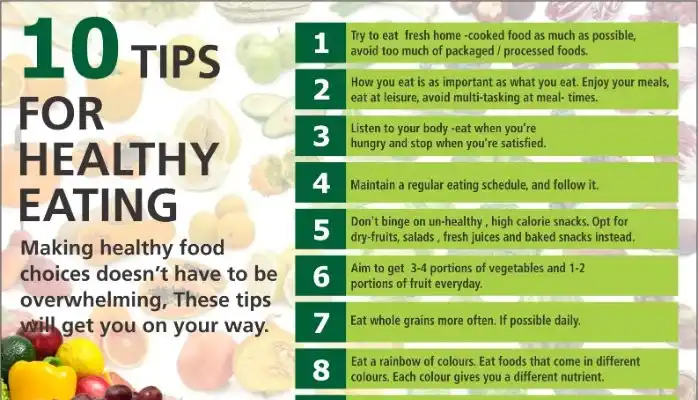

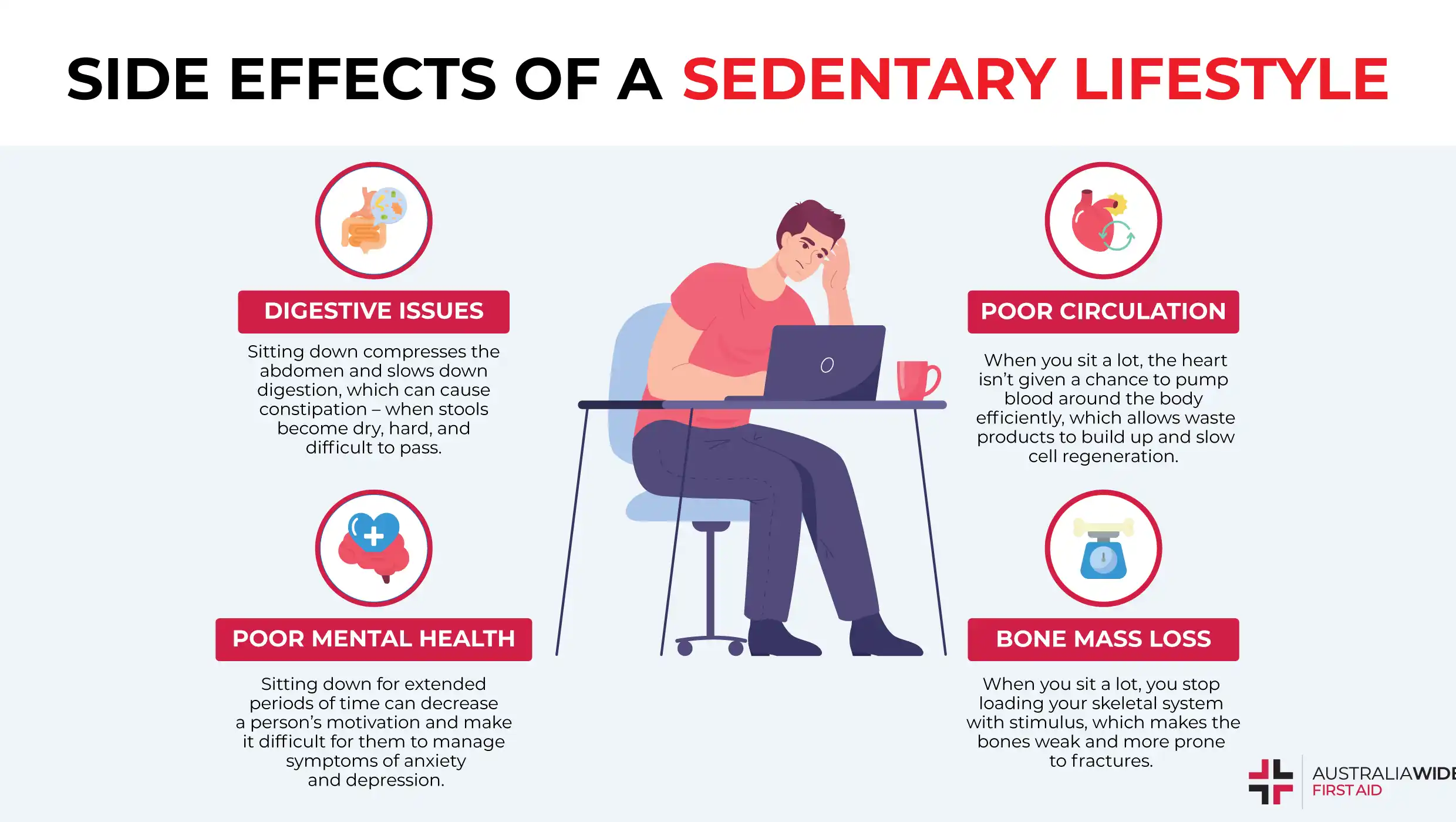

Education
View All
May 28, 2025
Should Sex Education Be Taught in Schools?
Dive into the debate about sex education in schools and its role in promoting informed and healthy choices. Share your thoughts!

May 1, 2025
How to Become an Educational Consultant
Learn how to become an educational consultant and guide schools or organizations to success. Start your career path now!

April 22, 2025
What Is Early Childhood Education?
Explore early childhood education, its benefits, and how it shapes a child’s future. Start building strong foundations!

